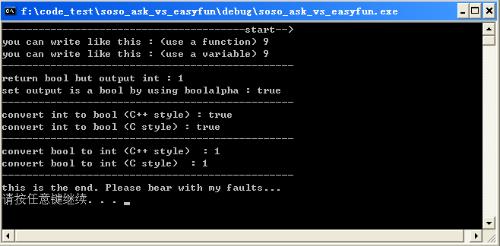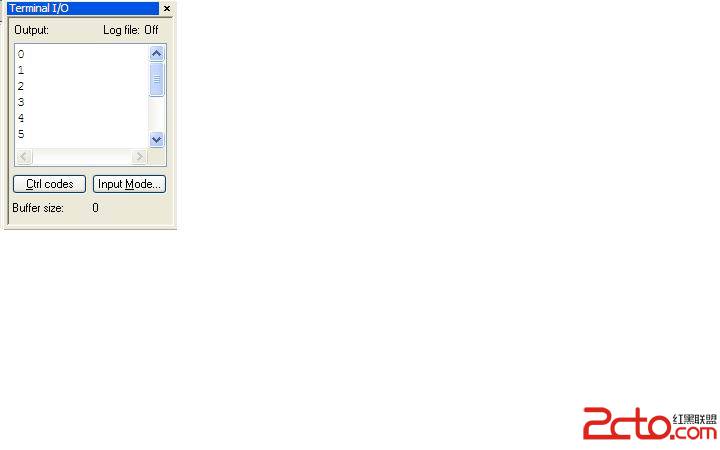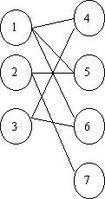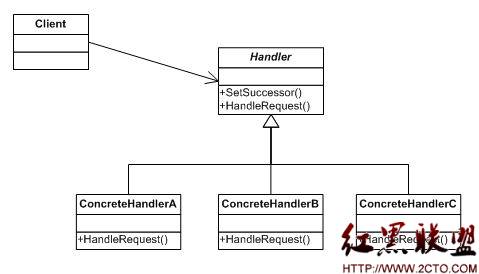v4l2 编程接口(二) — driver
V4L2 驱动随着硬件的变化也越来越复杂,现在大部分设备有里面包含了多个IC, 在/dev目录下不仅要建立 V4L2 的节点,而且还需要建立如:DVB、ALSA、FB、I2C、input等设备节点。事实上 V4L2 驱动需要支持音频/视频的混音/编码/解码等IC所以比其他驱动都要复杂很多,通常这些IC通过 i2c 总线连接到主板,这些设备都统称为sub-devices。在很长的一段时间里 V4L2 被限制只能在 video_device 结构体里面创建,并且用video_buf 控制视频缓存,这意味着所有的驱动创建自己的实例都将连接到自己的sub-devices,这些工作通常很复杂并经常引起错误,许多常见的代码因为缺乏一个框架而无法重构。因此这个框架建立起了基本的机制,所有的驱动都需要和这个框架结合以便共用其中的函数。因此 V4L2 框架作了相应的优化:它有一个 v4l2_device 结构作为设备实例,一个v4l2_subdev 结构作为子设备实例,video_device 结构包含了v4l2_device 节点,以后将会有一个 v4l2_fh 的结构作为与文件句柄的实例。每个设备都采用 v4l2_device 结构来表示。非常简单的设备都可以申请这个结构,但通常会将这个结构嵌入一个更大的结构中。1、 video_device
在 v4l2 中用 struct video_device 代表一个视频设备,该结构说明如下:
[cpp]
struct video_device
{
/* 设备操作合集 */
const struct v4l2_file_operations *fops;
/* sysfs节点 */
struct device dev; /* v4l device */
struct cdev *cdev; /* 字符设备节点 */
/* Set either parent or v4l2_dev if your driver uses v4l2_device */
struct device *parent; /* 父设备 */
struct v4l2_device *v4l2_dev; /* v4l2_device parent */
/* 设备信息 */
char name[32];
int vfl_type;
/* 如果注册失败 minor 将被设置为 -1 */
int minor;
u16 num;
/* 需要用位操作 flags */
unsigned long flags;
/* attribute to differentiate multiple indices on one physical device */
int index;
int debug; /* Activates debug level*/
/* Video standard vars */
v4l2_std_id tvnorms; /* Supported tv norms */
v4l2_std_id current_norm; /* Current tvnorm */
/* 释放设备的回调函数 */
void (*release)(struct video_device *vdev);
/* ioctl 回调函数 */
const struct v4l2_ioctl_ops *ioctl_ops;
};
其中
struct cdev {
struct kobject kobj; /* 内核对象 */
struct module *owner;
const struct file_operations *ops; /* 设备操作合集 */
struct list_head list;
dev_t dev;
unsigned int count;
};
struct v4l2_file_operations {
struct module *owner;
ssize_t (*read) (struct file *, char __user *, size_t, loff_t *); /* 读数据 */
ssize_t (*write) (struct file *, const char __user *, size_t, loff_t *); /* 写数据 */
unsigned int (*poll) (struct file *, struct poll_table_struct *); /* 同步操作 */
long (*ioctl) (struct file *, unsigned int, unsigned long); /* 特殊命令 */
long (*unlocked_ioctl) (struct file *, unsigned int, unsigned long);
unsigned long (*get_unmapped_area) (struct file *, unsigned long,
unsigned long, unsigned long, unsigned long);
int (*mmap) (struct file *, struct vm_area_struct *); /* 内存映射 */
int (*open) (struct file *); /* 打开设备 */
int (*release) (struct file *); /* 释放设备 */
};
视频设备在 linux 中作为字符设备出现,域 cdev 与 /dev/videox 节点关联,打开节点就相当于执行cdev 的 open 函数,cdev 的 ops 域即 file_operations 的一些接口在经过一定的参数过滤后最终都调用了video_device 的 fops 域即v4l2_file_operations的成员,所以在编写驱动程序的时候需要实现 v4l2_file_operations 的接口:其中 open 用于打开视频设备, read 接口用于读取视频数据,poll 接口用于视频流的同步,mmap 将视频设备的保存数据的内存空间的物理地址映射到用户空间,ioctl 用于向视频设备发送命令并查询相关信息(ioctl 一般设置为 v4l2 提供的 video_ioctl2 函数,并最终调用 video_device 的 ioctl_ops 域即 v4l2_ioctl_ops),通常需要实现的 ioctl 接口如下:
[cpp]
static const struct v4l2_ioctl_ops xxx_cam_ioctl_ops = {
.vidioc_querycap = vidioc_querycap,
.vidioc_enum_input = vidioc_enum_input,
.vidioc_g_input = vidioc_g_input,
.vidioc_s_input = vidioc_s_input,
.vidioc_queryctrl = vidioc_queryctrl,
.vidioc_s_ctrl = vidioc_s_ctrl,
.vidioc_g_ctrl = vidioc_g_ctrl,
.vidioc_enum_fmt_vid_cap = vidioc_enum_fmt_vid_cap,
.vidioc_try_fmt_vid_cap = vidioc_try_fmt_vid_cap,
.vidioc_g_fmt_vid_cap = vidioc_g_fmt_vid_cap,
.vidioc_s_fmt_vid_cap = vidioc_s_fmt_vid_cap,
.vidioc_reqbufs = vidioc_reqbufs,
.vidioc_querybuf = vidioc_querybuf,
.vidioc_qbuf = vidioc_qbuf,
.vidioc_dqbuf = vidioc_dqbuf,
.vidioc_streamon = vidioc_streamon,
.vidioc_streamoff &nbs
补充:软件开发 , C++ ,




